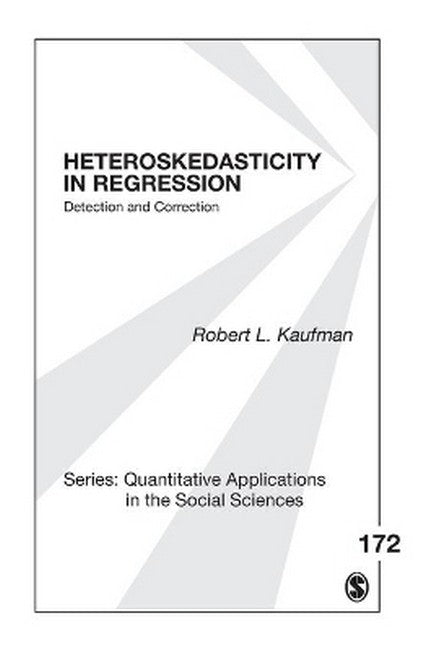Robert Kaufman (PhD University of Wisconsin, 1981) is professor of sociology and the Chair of the Department of Sociology at Temple University. His substantive research focuses on economic structure and labor market inequality, especially with respect to race, ethnicity, and gender. He has also explored other realms of race-ethnic inequality, including research on wealth, home equity, residential segregation, traffic stops and treatment by police, and media portrayals of crime. More abstract statistical issues motivate some of his current work on evaluating different methods for correcting for heteroskedasticity using Monte Carlo simulations. Dr. Kaufman has published papers on quantitative methods in American Sociological Review, American Journal of Sociology, Sociological Methodology, Sociological Methods and Research, and Social Science Quarterly. He served on the editorial board of Sociological Methods and Research for 15 years and has taught graduate-level statistics courses nearly every year for the past 30 years.
Request Academic Copy
Please copy the ISBN for submitting review copy form
Description
Series Editor's Introduction About the Authors Acknowledgements 1. What Is Heteroskedasticity and Why Should We Care? 2. Detecting and Diagnosing Heteroskedasticity 3. Variance-Stabilizing Transformations To Correct For Heteroskedasticity 4. Heteroskedasticity Consistent (Robust) Standard Errors 5. (Estimated) Generalized Least Squares Regression Model For Heteroskedasticity 6. Choosing Among Correction Options References Appendix: Miscellaneous Derivations and Tables
Intended as a supplementary text for graduate-level courses and a primer for quantitative researchers, the book lls the gap between the limited coverage of heteroskedasticity provided in applied regression textbooks and the more theoretical statistical treatment in advanced econometrics textbooks. -- Zentralblatt MATH

